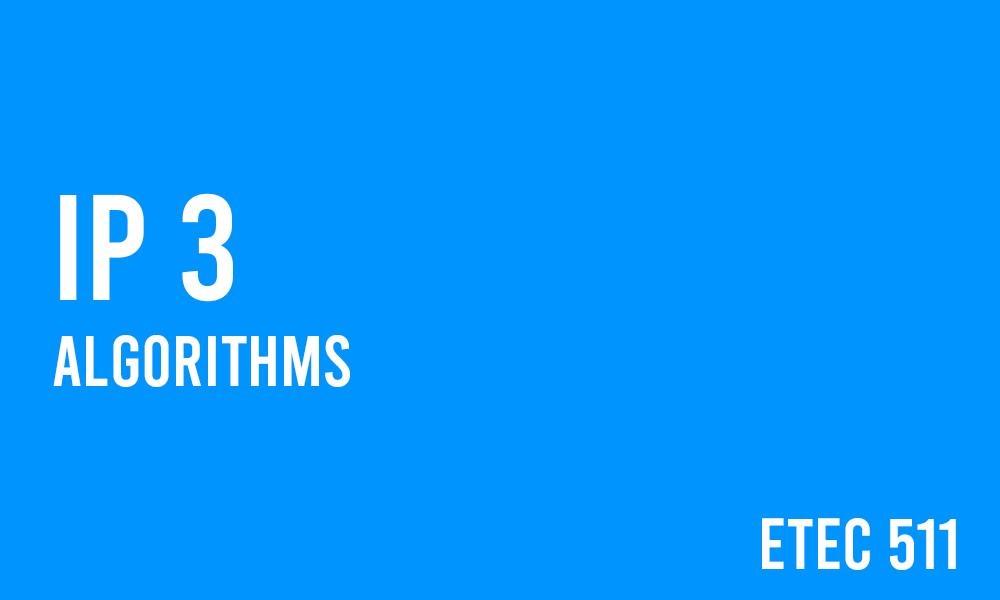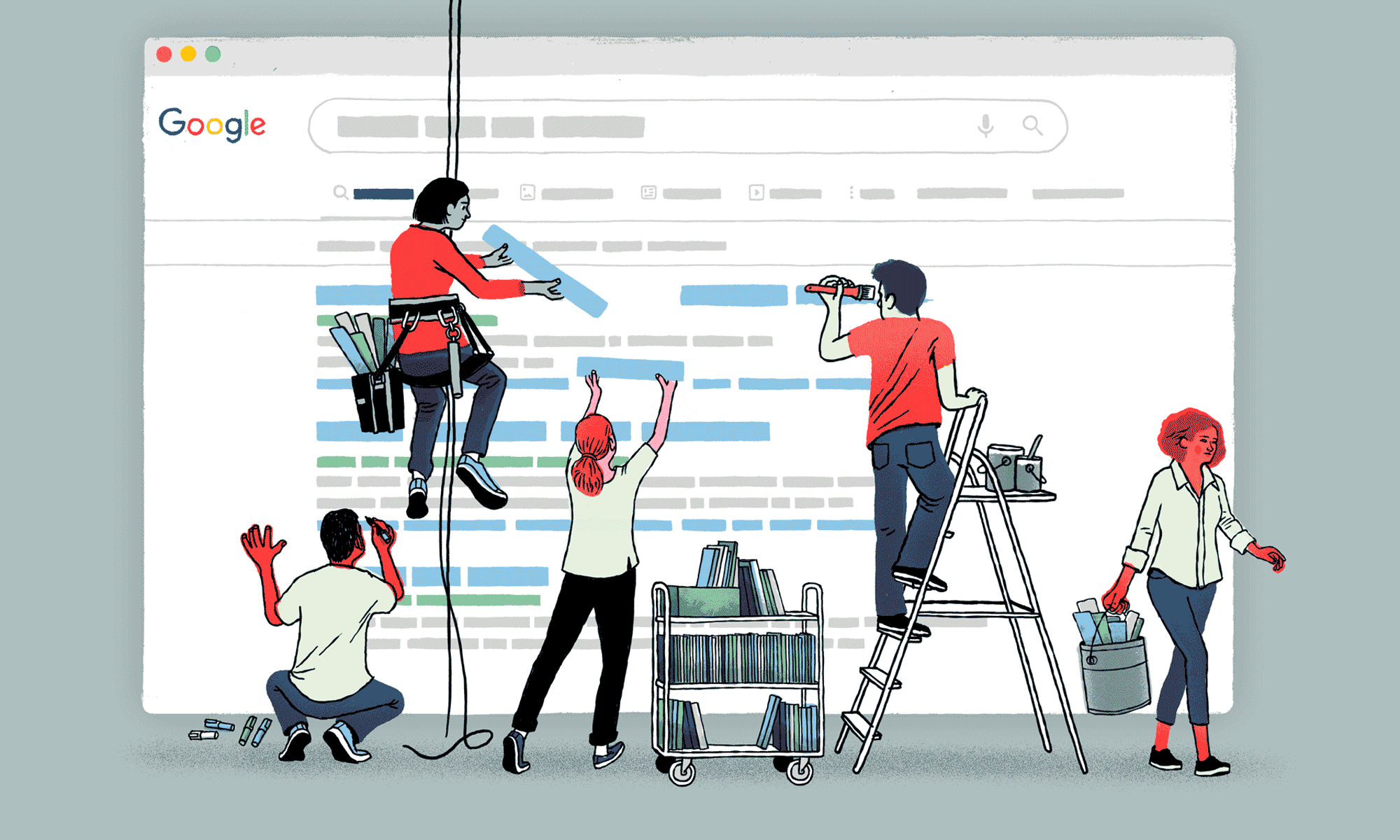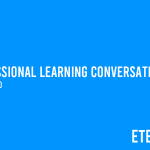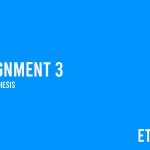Image Source: The Wall Street Journal (Grind et al., 2019)
Content Prioritization
Content prioritization is the process of choosing what content is shown to a user through a complicated algorithm (Noble, 2018, p. 156). From the user’s end, this algorithm will often use data collected from their habits and other information that a user has agreed to be given to the company prioritizing the content. This data could include search history, website cookies, engagement metrics, and much more. On the company’s end that is prioritizing the content, they will match the data collected from the user with their own database of information to then decide which options should be presented to the user.
The impact of content prioritization has become more prevalent and recognizable in recent years. It is not uncommon to be presented with advertisements for different holiday getaways after spending a bit of time on a travel website. The ability to use user data to push relevant advertisements is something that digital marketing services, such as Google AdSense and Ads Management for Facebook & Instagram, have mastered.
Although many users may appreciate the prioritization in the sense that they will see relevant advertisements or have a high chance of being shown relevant search results using Google Search, content prioritization has a negative impact. An area where those who are systematically oppressed are impacted negatively is through access to information and the ability to provide it. Due to the nature of Google Search, a company can pay to have their search show as “sponsored” and at the top of search results. This creates an ethical issue as Google is accepting money to “bump” search results, which is something that groups who are impoverished are unable to do. This also creates an issue as wealthier groups can essentially pay for information to be bumped to the top of search results. This can create a further divide for those systematically oppressed as the service effectively rewards and is created for privileged groups.
In essence, content prioritization could be seen as a way for companies to cater to privileged groups as it modifies searches, viewable information, advertisements, and other aspects of the internet for this group. By Google determining what information it thinks is important to prioritize for each user, it is effectively segregating users. Even if the idea of content prioritization was conceptualized in good faith, the negative impact it can have and does have on systematically oppressed users is significant (Noble, 2018, p. 161).
There have been numerous instances where I have seen content prioritization impacted myself and my students as an educator. My most memorable instance relates to a project in which Grade 7 students had to plan their own vacation as a Math Enrichment activity. Students began searching for flights for various destinations, and most used the website Expedia. When I questioned many why they used Expedia, they simply said because it was at the top of the search (which was a paid sponsor). Students did not think to look through the search options and immediately gravitated to the first option. Another instance of content prioritization was related to the AdSense algorithm during this same assignment. As students were searching for vacation destinations, absolutely every Chromebook was showing advertisements for vacations on all webpages after this assignment. My issue with both above instances of content prioritization relates to how it inevitably impacts our youth. Unless users are taught otherwise, they do not know the importance of reading through search results and not simply clicking the first option. They also are more impressionable and can therefore be susceptible to clicking on advertisements and being influenced by marketing campaigns. This instance has caused me to ensure that I teach students the importance of internet safety to avoid phishing scams and misinformation.
PageRank
Google PageRank is an algorithm that determines the importance of a webpage based on other websites and content linking to it. This has caused an issue as Search Engine Optimization (SEO) has become an entire industry with a focus on gaming the PageRank system (Noble, 2018, p. 46). By using effective linking practices and keyword optimization, websites attempt to increase their PageRank in hopes of driving more traffic to their website (Wikimedia Foundation, 2022).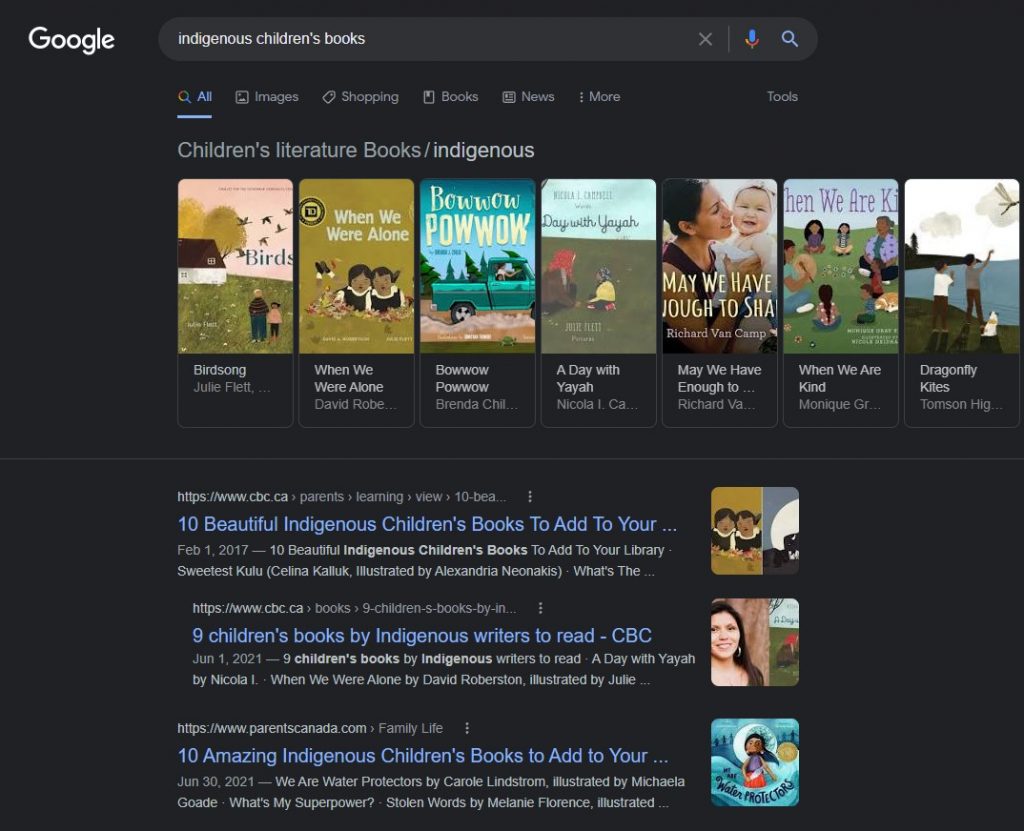
PageRank clearly influences searches by putting news outlets near the top
PageRank has affected my personal life as I sometimes find it difficult to find the information that I am looking for without search syntax usage. Although I normally would prefer to only see large news outlets while searching for information, I sometimes would prefer to find smaller yet still valid sources. An example that I encountered was when I was searching for new children’s books relating to traditional Indigenous stories. While searching for this information, I was linked to CBC’s website as the first option solely because the title of the article matched my keywords. However, this is not a source I would use as I would prefer to support an Indigenous site for this search. The fifth link was finally a source written by an Indigenous author, which I then decided to use for my search. This example shows that the PageRank algorithm values CBC’s website more than a resource created by an Indigenous educator, even though this should probably be reversed based on my search string.
The greatest way that I can impact PageRank is by ensuring that I only share resources that are factual and relevant. By sharing and linking to these resources, I can help proper information flow to users and minimize the impact that SEO agencies have on search results. Furthermore, I can play a role by reporting websites using “Black Hat SEO” tactics to Google using their appropriate forms (Gallagher, 2020). Black Hat SEO tactics involve websites using manipulation to boost their PageRank which goes against Google’s Search Essentials (Google, 2022). If more people were educated about the importance of PageRank and learned what we can do to fight back against manipulative tactics, I believe Google Search would provide improved results.
References
Gallagher, T. (2020, April 29). Council post: The rundown on black hat seo techniques and why you should avoid them. Forbes. Retrieved October 15, 2022, from https://www.forbes.com/sites/theyec/2020/04/29/the-rundown-on-black-hat-seo-techniques-and-why-you-should-avoid-them/?sh=161ef49a6611
Google. (2022). Google Search Essentials (formerly webmaster guidelines) | google search central | documentation | google developers. Retrieved October 15, 2022, from https://developers.google.com/search/docs/essentials
Grind, K., Schechner, S., McMillan, R., & West, J. (2019, November 18). How google interferes with its search algorithms and changes your results. The Wall Street Journal. Retrieved October 15, 2022, from https://www.wsj.com/articles/how-google-interferes-with-its-search-algorithms-and-changes-your-results-11573823753
Noble, S. U. (2018). Algorithms of oppression: How search engines reinforce racism. New York University Press.
Wikimedia Foundation. (2022, October 7). PageRank. Wikipedia. Retrieved October 15, 2022, from https://en.wikipedia.org/wiki/PageRank

